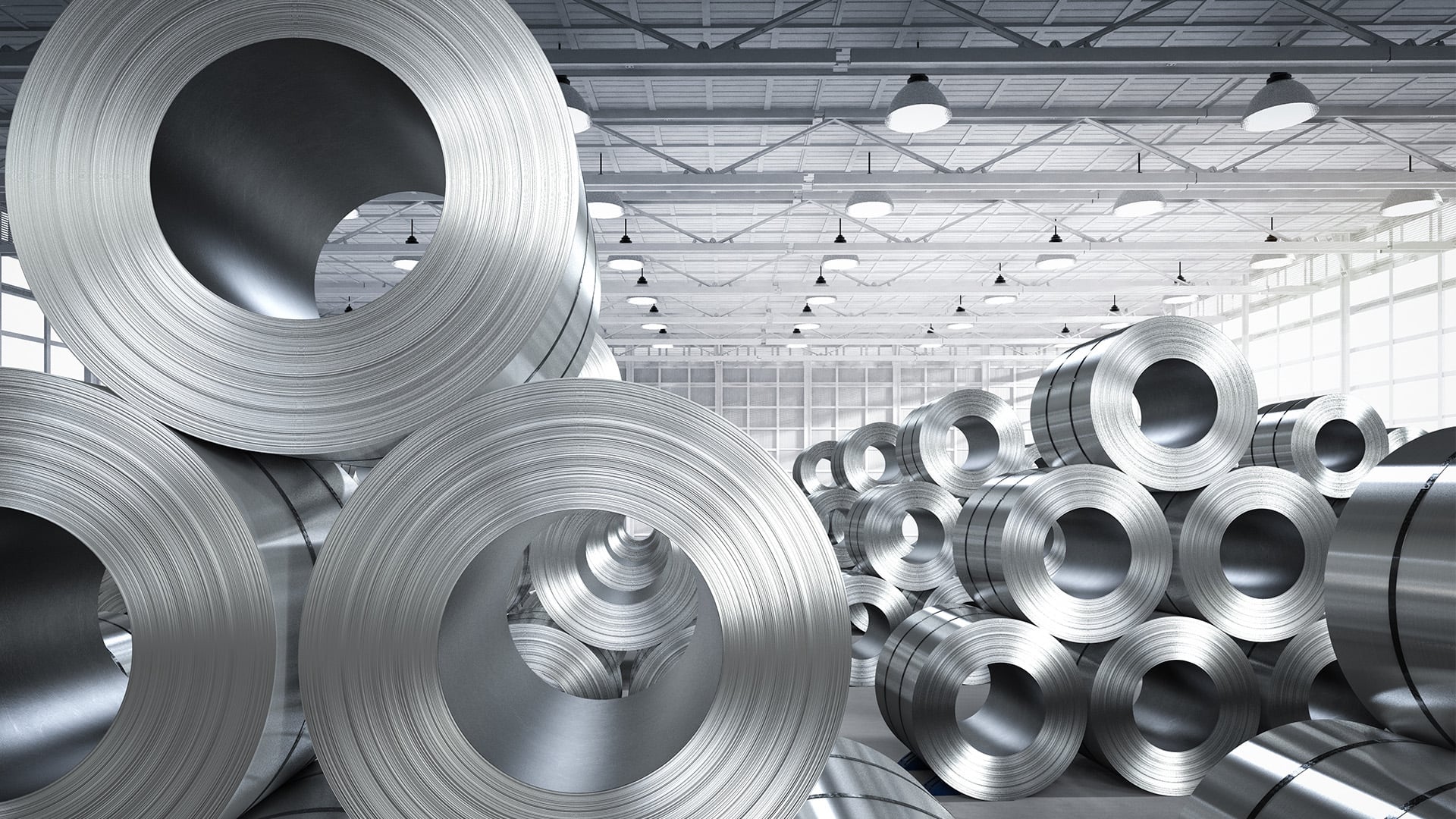Which steels can withstand sea water?

Corrosion-resistant steels, especially stainless steels, are steel alloys that are resistant to corrosion caused by saltwater, particularly due to the corrosive nature of seawater. Seawater can cause corrosion on metal surfaces due to the salts and other chemical components it contains. Stainless steels are resistant to seawater due to the presence of the chromium element within them. Chromium forms an oxide layer on the steel surface, creating a barrier against corrosion.